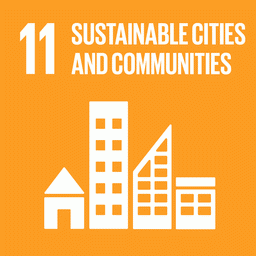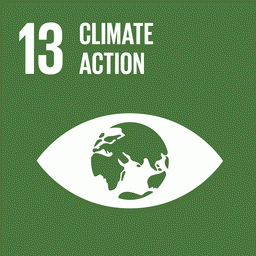IPAM (Instituto de Pesquisa Ambiental da Amazônia) is expressing its solidarity and concern about the storms that have hit Rio Grande do Sul. The torrential rains, which are already affecting rivers across the state at historic levels, are impacting thousands of people. Extreme events like these call for urgent measures to combat global warming.
The impacts of the storms on society in Rio Grande do Sul show that if we continue to burn fossil fuels and deforest the planet’s forests, severe and extreme weather events, such as intense rainfall and scorching droughts, will become increasingly frequent.
Considered by the authorities to be the biggest disaster in the history of Rio Grande do Sul, the scenario raises alarm bells: environmental protection and the fight against climate change require commitment to a more sustainable future.
The catastrophic situation in Porto Alegre, the capital, highlights the great challenge of promoting adaptation to climate change as a matter of urgency. In addition to mitigation and adaptation, it is important that states prepare themselves to act in these cases, reducing families’ exposure to climate risks and increasing government response capacity.
For Brazil, a diverse country and a major agricultural producer, the demand for actions to combat climate change, such as ending deforestation, and for adaptation, such as reforestation, is extremely urgent. Without effective measures, we run the risk of jeopardizing our future.
About IPAM
The Amazon Environmental Research Institute (IPAM) is a scientific, non-governmental, non-partisan and non-profit organization that has been working for the sustainable development of the Amazon and Cerrado since 1995. Our aim is to consolidate the Amazon’s tropical development model by 2035, by producing knowledge, implementing local initiatives and influencing public policies, in order to impact economic development, social equality and environmental preservation.
Press information
Camila Santana
(61) 98177.0195
Photo: Gilvan Rocha/Agência Brasil

